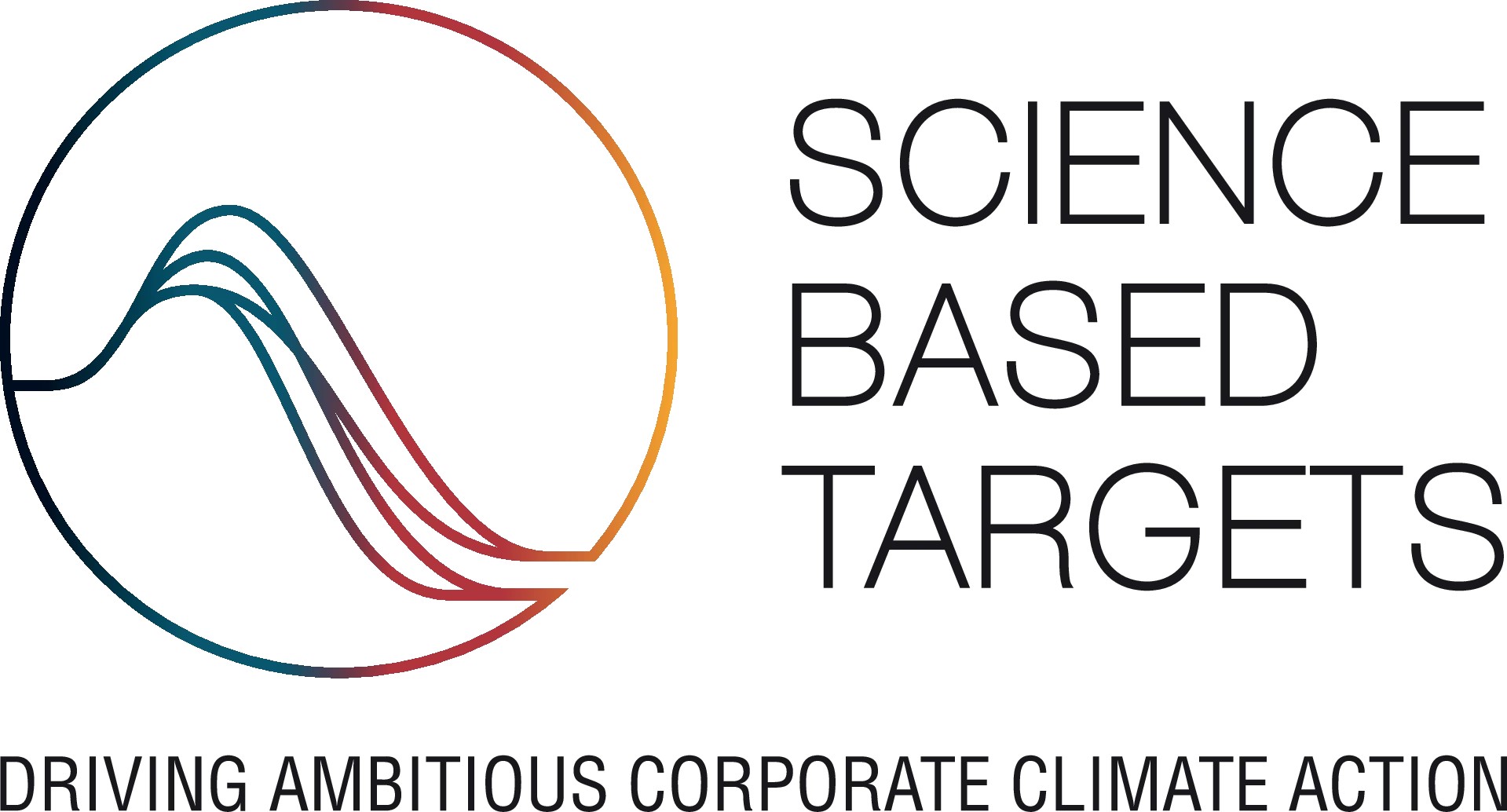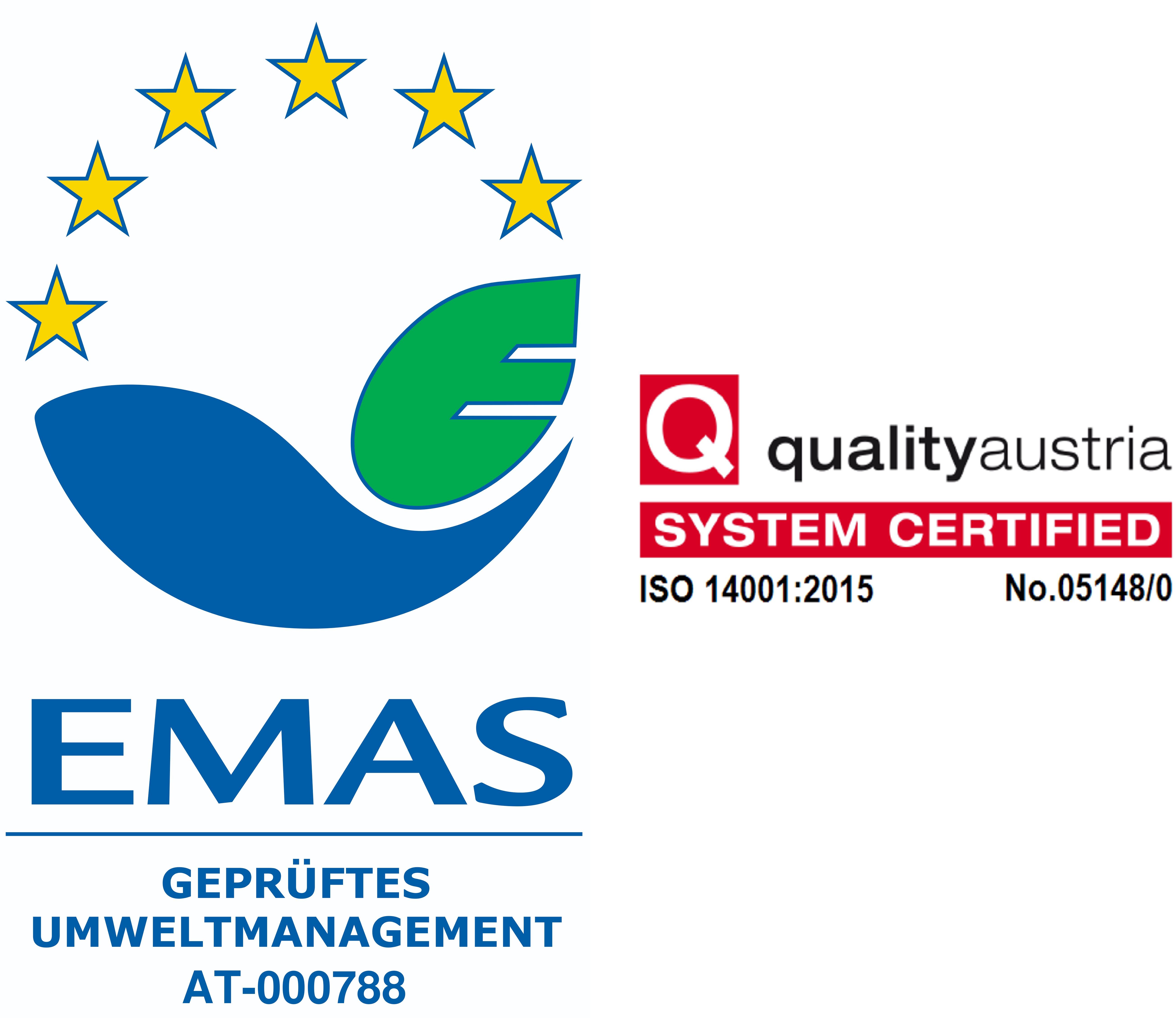Sustainability in our
Operational Management
A clean and intact environment is the foundation for functioning economic systems and societies. At the UNIQA Group, we can contribute by advancing sustainability both in our business operations and in our own management practices, reducing negative impacts such as CO2 emissions.
Our goal is to continuously reduce our environmental footprint and achieve net-zero emissions in our own operations by 2040 in Austria and Group-wide by 2050.
Decarbonisation: validated SBTi interim targets
At the Group level, we successfully completed the process of calculating and validating science-based climate targets in 2023, in accordance with the "Science Based Targets initiative" (SBTi). These targets not only align our investments with the Paris 1.5-degree climate target pathway, but also the greenhouse gas emissions of our own operations in relation to owner-occupied properties and the vehicle fleet.
Further information can be found in the summary of the Science Based Targets Initiative (SBTi).

We are committed to reducing our direct Scope 1 and indirect Scope 2 GHG emissions from owner-occupied properties and the vehicle fleet by 42% by 2030 (2021).
Scope 1 includes GHG emissions from heating energy (natural gas and heating oil), coolants and our own vehicles (diesel and petrol).
Scope 2 comprises GHG emissions from purchased district heating and electricity (market-based approach).
Up to and including 2024, Scope 1 and Scope 2 GHG emissions fell by 13.3% (compared to the reference value from 2021).
Increasing energy efficiency, utilising renewable energies and reducing emissions
In the measures to reduce our CO2 emissions, we rely on the one hand on the application of international certifications and standards in our dealings with suppliers - from office materials to the vehicle fleet - and on the other hand on the optimization of internal environmental management. We are making greater use of renewable energies and reducing CO2 emissions by consistently conserving resources and promoting climate-friendly mobility.
The basis of our internal environmental management is our commitment to the Paris climate targets, which we have operationalized with an initial milestone and action plan for all sales locations in Austria in 2022. This plan includes the following cornerstones:
- Purchase of exclusively eco-label 46 green electricity starting in 2024.
- Increasing energy efficiency in buildings by optimising heating, air conditioning and ventilation systems as well as the use and expansion of energy monitoring:
- By 2035, 10% of the electricity consumption of the Austrian sales locations is to be covered by self-generated photovoltaic electricity throughout the year.
- Phase out of all oil and gas heating by 2035 at the latest.
- Conversion to 100% e-cars in the vehicle fleet by 2030 at the latest.
As we continue to rely on district heating, but this currently always includes a fossil component, a reduction of 100% is currently not feasible. As we continue to green our district heating networks, our climate performance will also continue to improve.
More information can be found in the (consolidated) non-financial report within the UNIQA Group Report that can be downloaded here:
Energy monitoring
The monitoring system not only serves to increase efficiency but also enables the ongoing optimisation of energy consumption. This is intended to reduce dependence on external energy suppliers and increase resilience in the event of energy crises.
Electrification of the vehicle fleet: E-Mobility at UNIQA
The ambitious goal of the UNIQA Fleet Management of reducing the CO2 emissions of the company fleet in Austria to 40 grams per kilometre by the end of 2024 was not only achieved, but even exceeded. On our way to 100% e-mobility, the figure at the end of 2024 was 57%. The aim is to switch completely to electric vehicles by 2030 in Austria and Group-wide by 2040.
However, we are also specifically promoting other forms of e-mobility: modern e-scooters and e-bikes are available to our employees at the head office and at several other locations in Austria for shorter business trips.
Introduction of an environmental management system in accordance with EMAS
As a further component of the sustainability strategy, in 2024 UNIQA integrated the existing internal energy management system into an environmental management system certified in accordance with EMAS and ISO 14001 - both at the Austrian sales locations and at the locations of the PremiQaMed (Mavie Med) Group companies. The aim is to continuously improve environmental performance on the basis of a systematic approach and to minimise negative environmental impacts.
As environmental protection is an integral part of our corporate culture, transparency and internal and external communication play a key role. Regular internal and external audits ensure the effectiveness of the environmental management system and compliance with all environmental legislation.
In this way, we set a good example and continue to successively reduce the ecological footprint of our own operations.
The locations of Mavie Med's group companies are also EMAS certified ( Sustainability at MavieMed ).

Sustainable procurement
Our procurement processes aim to achieve the best value for money for our activities, products and services while ensuring that they meet compliance and sustainability requirements. Internal guidelines ensure that suppliers act not only economically, but also socially and environmentally sustainable.
This includes the endeavour to only enter into a business relationship with suppliers who follow our value model and demonstrate a high level of integrity. Corresponding data is collected as part of the supplier registration process. Suppliers are expected to comply with the principles of the UNIQA Code of Conduct and act accordingly. This contains the essential social and ecological criteria in accordance with the UN Global Compact.
